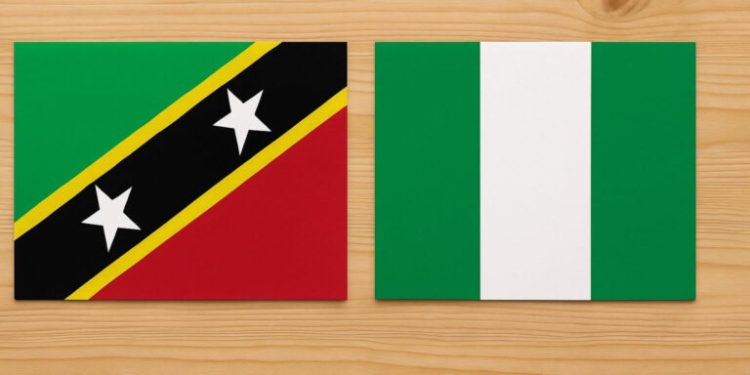Documents Nigerians Need For A Dependent Visa

Applying for a dependent visa can be a detailed and sometimes challenging process, requiring careful planning and accurate documentation. To ensure a successful application, it’s important to demonstrate your relationship with the sponsor, financial stability, and compliance with all immigration requirements.
Errors or missing documents can result in delays, visa denials, or even long-term bans, so understanding what is needed before starting your application is essential.
Here are the list of documents required for a dependent visa:
1. A valid passport
The main form of identification for a dependent visa application is a valid passport. It must be up to date and valid for the entire planned stay in the country of destination. In certain situations, applicants might also be asked to submit copies of their prior passports as proof of their travel history. To prevent needless processing delays, it’s also crucial to make sure the passport has vacant pages for visa stamps.
2. Evidence of a relationship
In order to demonstrate a valid relationship with the sponsor, candidates need to present formal records attesting to their affiliation. Spouses must have a marriage certificate, and dependent children must have a birth certificate. Adoption proceedings need the submission of official adoption documents. A civil partnership certificate is required for civil partners. Additional supporting documentation, such as joint financial documents, correspondence, and images, may bolster the application and demonstrate the legitimacy of the connection if it has already been registered in another country.
3. Dependent children’s birth certificates
For applications that include dependent children, their birth certificates are required to verify their relationship with the sponsor. The birth certificate must clearly state the names of the parents to avoid discrepancies. In situations where a child has a legal guardian instead of biological parents, legal guardianship documents must be submitted. If the child was born in a country where birth certificates are not standard, alternative evidence such as hospital records or affidavits may be necessary to confirm the parent-child relationship.
4. Proof of funds of the sponsor
The sponsor must demonstrate financial stability and the ability to support the dependent(s) without recourse to public funds. This can be proven through bank statements covering at least the last six months, recent pay slips, tax returns, or a formal sponsorship declaration letter. If the sponsor is self-employed, business registration documents, profit and loss statements, and tax filings may be required. The financial evidence should reflect a consistent and adequate income stream to reassure the immigration authorities that the dependent will be properly supported during their stay.
5. Medical examination results
Applying for a dependent visa can be a complex process, requiring careful preparation and attention to detail. Whether you are joining a spouse, parent, or guardian in a foreign country, it is essential to provide the right documentation to prove your relationship with the sponsor, financial stability, and compliance with immigration requirements. Missing or incorrect documents can lead to delays, rejections, or even long-term entry bans, making it crucial to understand what is needed before beginning the application process.
6. Proof of the sponsor’s employment
To further confirm financial stability, the sponsor must submit documents verifying their employment status. This includes an official employment contract, a letter from their employer confirming their job title, salary, and length of employment, and recent pay slips. If the sponsor is self-employed, they must provide business registration documents, tax filings, and financial statements. Some immigration authorities may also request a letter from the sponsor’s employer indicating that they are aware of and support the dependent visa application, reinforcing the legitimacy of the application.
7. Proof of Main Visa Holder’s Status
These are the documents that confirm the legal immigration status of the person you’re dependent on (usually your spouse, parent, or partner) in the country you’re applying to. These documents show that the main visa holder is authorized to live, work, or study in that country and that you’re eligible to join them.
8. Police Clearance Certificate
A Police Clearance Certificate (PCC) is an official document issued by the police or a government agency that confirms whether or not a person has a criminal record. It’s often required for long-term visas (like dependent, work, study, or PR visas), especially if you’re 18 or older.
9. Additional supporting documents (comparable to certificate of eligibility)
Depending on the country of application, additional supporting documents may be required to fulfill visa conditions. These may include proof of suitable accommodation, such as a rental agreement or property ownership documents, to ensure the dependent has a place to stay. A letter of invitation from the sponsor outlining their commitment to supporting the dependent may also be necessary. In cases where the sponsor holds specific immigration status, documents proving their legal residency, such as a residence permit or visa approval notice, must be submitted. Each country may have unique documentation requirements, so applicants must carefully review the specific guidelines set by the immigration authorities.



